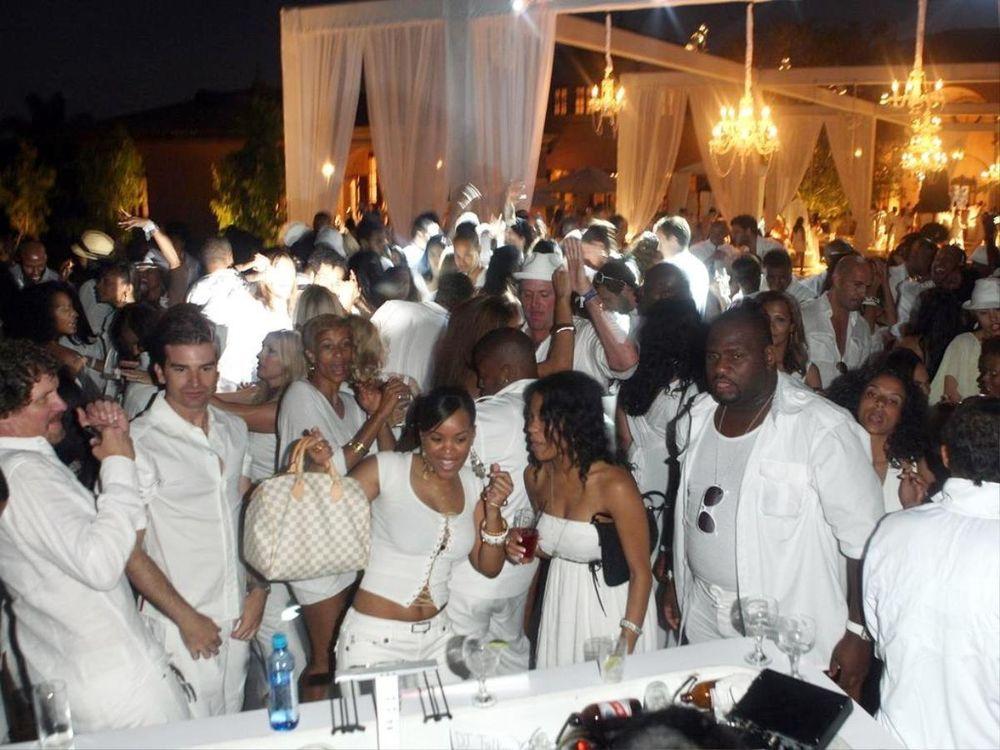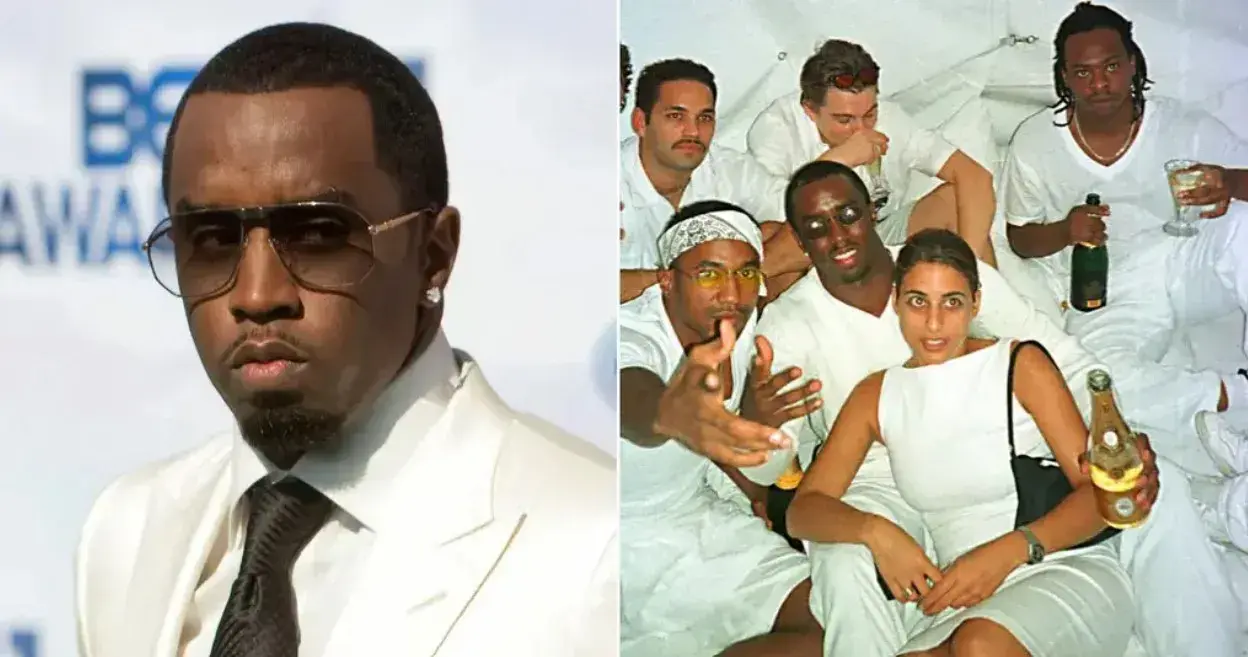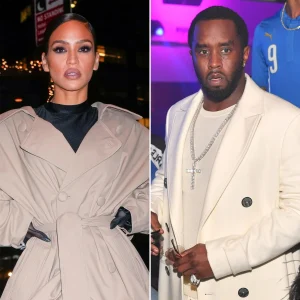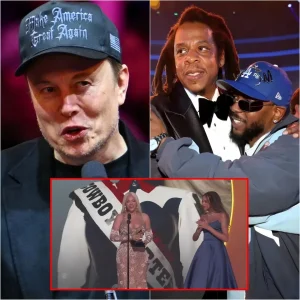The saga surrounding Sean “Diddy” Combs has taken a dramatic turn with shocking allegations about his infamous parties, drawing global attention. Once celebrated as lavish celebrations of music and glamour, events like the annual White Parties in the Hamptons are now under intense scrutiny following lawsuits and federal investigations. Accusations suggest these gatherings, spanning decades, involved more than just opulence, with claims of drug-fueled environments and coerced participation in illicit activities. The narrative has shifted from celebrity excess to a disturbing exposé of alleged misconduct.

Recent developments stem from multiple lawsuits filed by former associates, including ex-girlfriend Cassie Ventura, who accused Combs of physical abuse and forcing her into degrading situations during these parties. Reports indicate that some events, dubbed “freak-offs,” lasted days, with participants allegedly drugged to sustain prolonged sexual acts. A former bodyguard’s testimony added fuel, claiming Combs orchestrated these gatherings with meticulous control, while a raid on his properties uncovered over 1,000 bottles of baby oil, fueling speculation about their use. Federal prosecutors have charged him with sex trafficking and racketeering, with a trial underway that has revealed missing witnesses and graphic evidence, intensifying the case.
The public’s fascination with these revelations reflects a mix of horror and curiosity. High-profile figures like Leonardo DiCaprio have been linked to past events, though their awareness of alleged wrongdoing remains unclear. Combs’ legal team argues the accusations are exaggerated, pointing to his long career without prior convictions. Yet, the sheer volume of claims—over 50 alleged victims and witnesses—suggests a pattern that challenges the music mogul’s carefully crafted image. Industry observers note a reluctance among celebrities to defend him, fearing reputational damage, which underscores the gravity of the situation.
Critically examining the narrative, some question whether these allegations are part of a broader agenda against powerful figures in entertainment. Conspiracy theories abound, with skeptics suggesting media sensationalism may amplify unverified claims. However, the consistency across testimonies, including from a former Bad Boy Records executive who described an unsafe environment, lends credibility to the accusations. The discovery of sex tapes during the raid further complicates Combs’ defense, raising questions about consent and exploitation.
As of May 15, 2025, the trial continues to unfold, with opening statements highlighting a stark divide between prosecution and defense. The once-vibrant party scene has morphed into a legal battleground, potentially reshaping Combs’ legacy. Whether these revelations lead to conviction or exoneration, they expose the darker underbelly of celebrity culture, prompting reflection on power, accountability, and the hidden costs of fame. The outcome may set a precedent for how such cases are handled in the industry, leaving an indelible mark on both Combs and the entertainment world.






